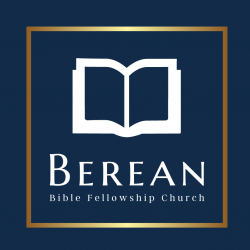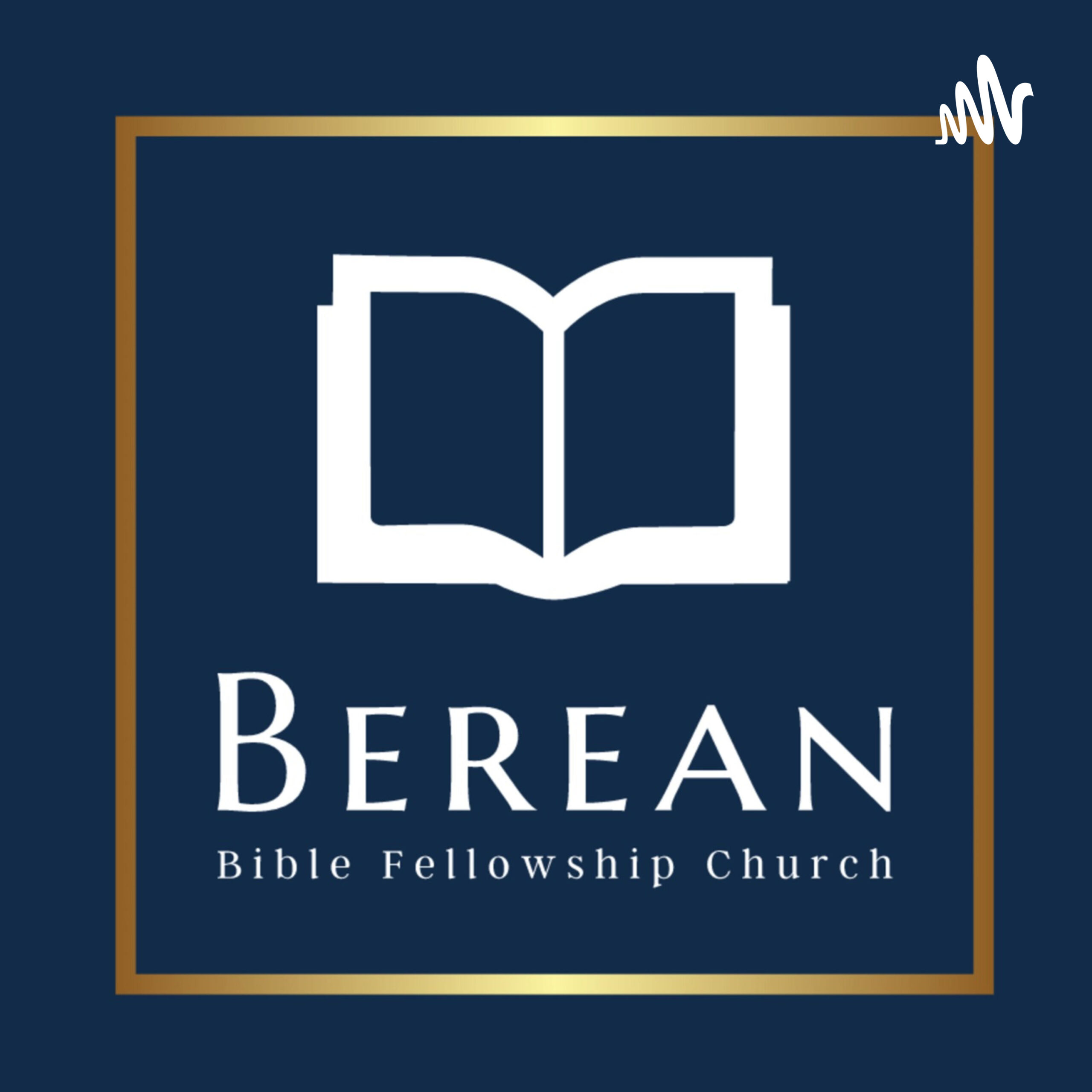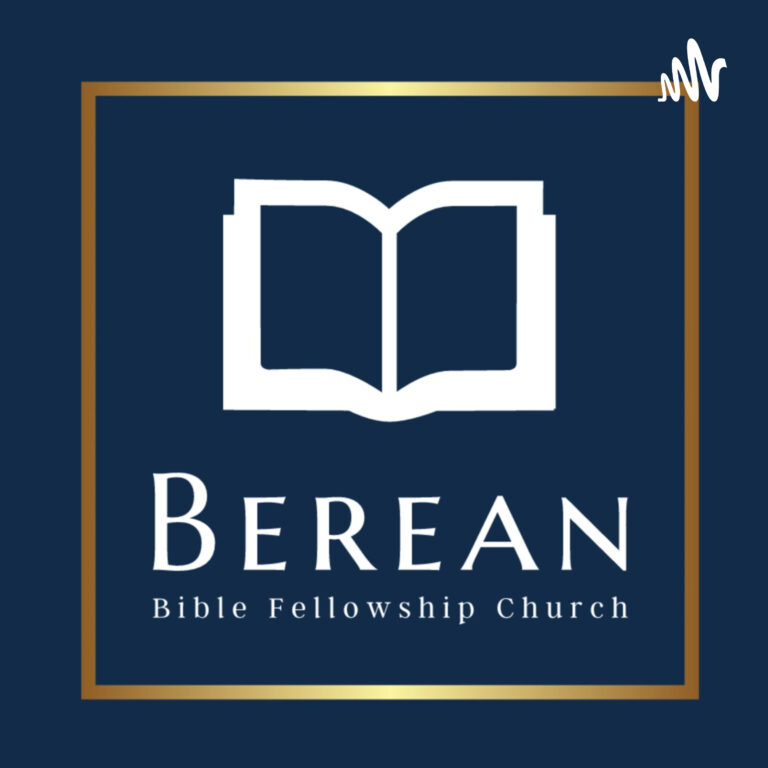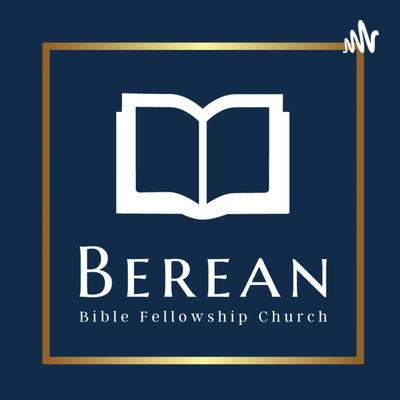2 John
Big Idea: The truth of the Incarnation of Jesus is so important that we are commanded to remain and walk within it’s truth and to never condone those who preach contrary to it.
_______________________ to Remain in the Truth
4 I rejoiced greatly to find some of your children walking in the truth, just as we were commanded by the Father.
“On my visit to Nix Besser farm, I asked Mrs. Herr, “What is the shepherd’s most important tool?” Of course, in my mind I had the romantic idea of the shepherd’s staff that he would use to gently retrieve a wandering sheep. Or, perhaps, it was the rod that was useful in beating off predators. Over the years I have asked the same question to hundreds of students in my classes and scores of church officers who have gathered for training. They suggested such answers as “a dog” or “their voice” and, of course, the ones I suggested. They were all good possibilities, but Mrs. Herr’s answer took me by surprise. She said clearly and without hesitation, “the fence.” The fence keeps the sheep from wandering away. She added that if there were no fence, the sheep would merely wander away.”
“Respect for the authority of the Word of the Shepherd results in clear moral boundaries within which the sheep will be safe and secure. The sheep must look to the Shepherd to delineate the bounds of the “green pastures” and “still waters.” It is to these standards that the shepherd-elder must be personally loyal and with which the elders must feed the sheep. Unfortunately, we live in a culture that has denied the authority of the Shepherd and the moral “fences” he has established. With the erosion of respect for the authority of the Shepherd, it is no surprise that respect for authority generally is diminished, whether in government, family, or the church.”
1 John 2:24–25 (ESV) — 24 Let what you heard from the beginning abide in you. If what you heard from the beginning abides in you, then you too will abide in the Son and in the Father. 25 And this is the promise that he made to us—eternal life.
The phrase “runs ahead” translates the present active participle of proago. It means “to go beyond,” “to go too far,” “to go or run on ahead,” “to be progressive.” Used figuratively, John may be borrowing from the vocabulary of the Docetists, who fancied themselves as advanced or enlightened thinkers.
When someone adds to the biblical testimony of Jesus Christ, a subtraction from the truth of who he is and what he did is inevitable. John knows this very well and condemns these self-professed progressives in the strongest terms.
1Cor. 1:18-25
Never _________________ those Outside of the Truth
10 If anyone comes to you and does not bring this teaching, do not receive him into your house or give him any greeting, 11 for whoever greets him takes part in his wicked works.
This is very likely a reference to a house meeting of the church. Several such home meetings are mentioned in the NT. The church in Jerusalem must have had several groups at separate home meetings (cf. Acts 2:46; 5:42; 8:3; 12:5, 12), as did the church in Rome (cf. Rom 16:3–5, 14–15). A small local church may have had only one home gathering—as was probably the case with the church at Colossae (cf. Phlm 2).
Luke 10:2–12 (ESV) — 2 And he said to them, “The harvest is plentiful, but the laborers are few. Therefore pray earnestly to the Lord of the harvest to send out laborers into his harvest. 3 Go your way; behold, I am sending you out as lambs in the midst of wolves. 4 Carry no moneybag, no knapsack, no sandals, and greet no one on the road. 5 Whatever house you enter, first say, ‘Peace be to this house!’ 6 And if a son of peace is there, your peace will rest upon him. But if not, it will return to you. 7 And remain in the same house, eating and drinking what they provide, for the laborer deserves his wages. Do not go from house to house. 8 Whenever you enter a town and they receive you, eat what is set before you. 9 Heal the sick in it



